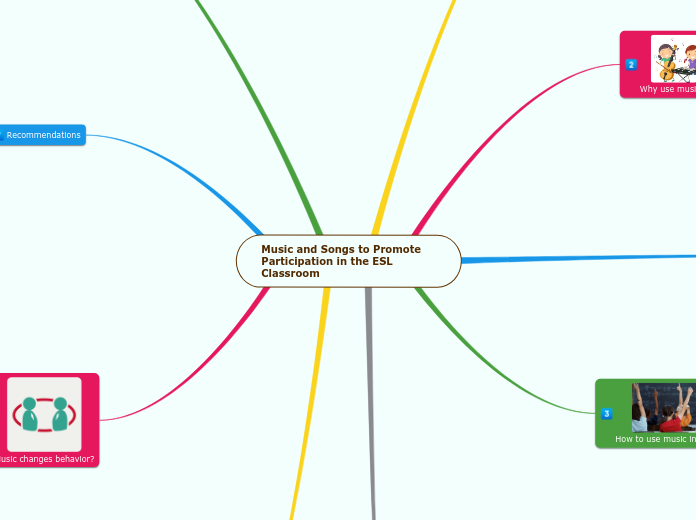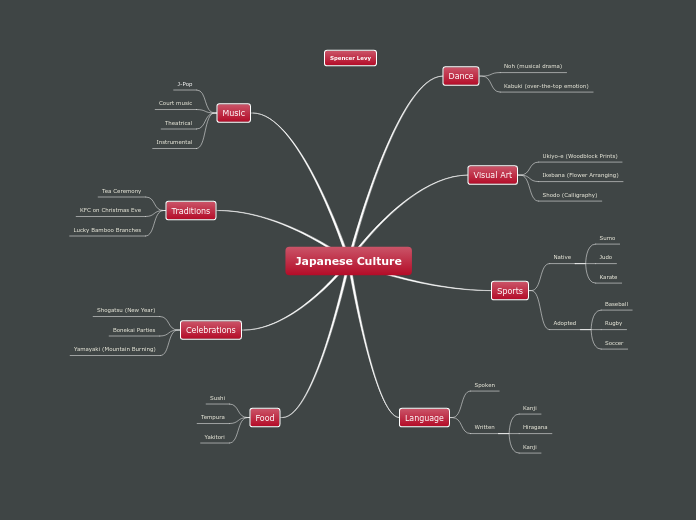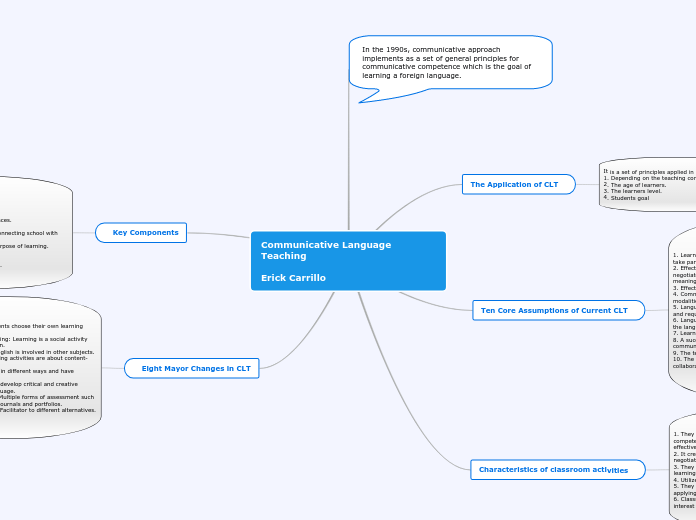realizată de Maritza Aguinza 4 ani în urmă
277
Music and Songs to Promote Participation in the ESL Classroom
Music plays a vital role in the holistic development of children, influencing their cognitive, creative, intellectual, and psychological growth. It has been scientifically shown to enhance concentration and aid in the learning of other languages by stimulating the brain'









